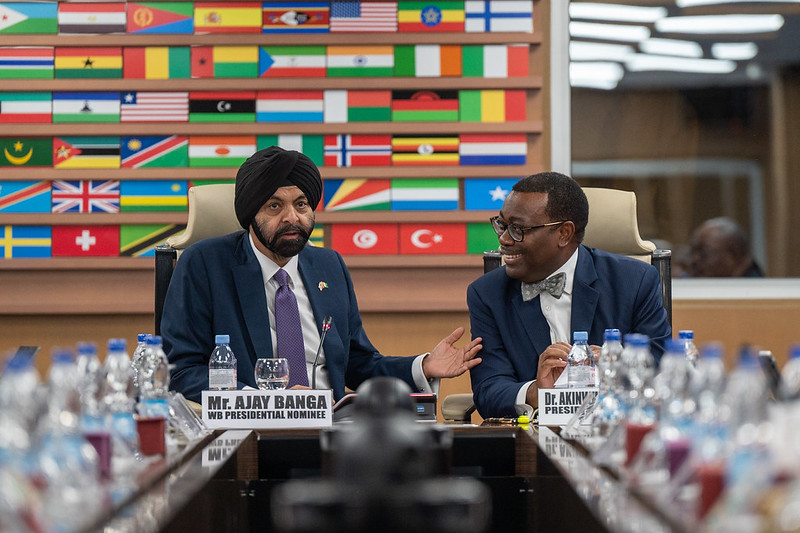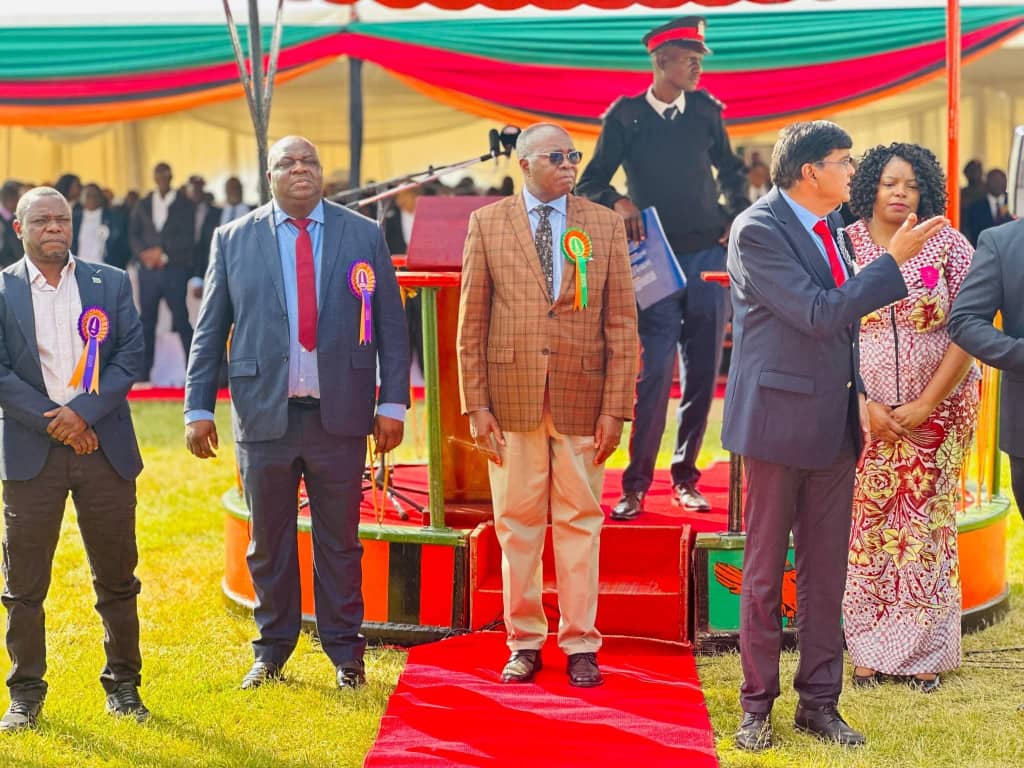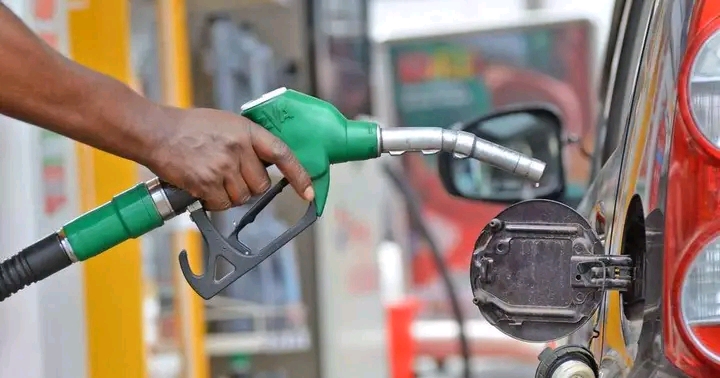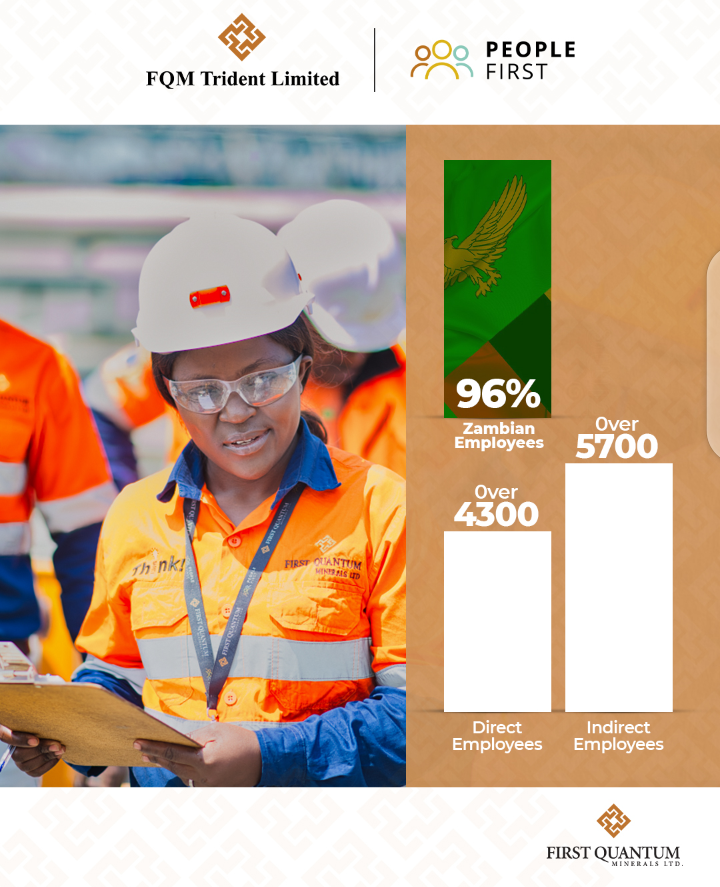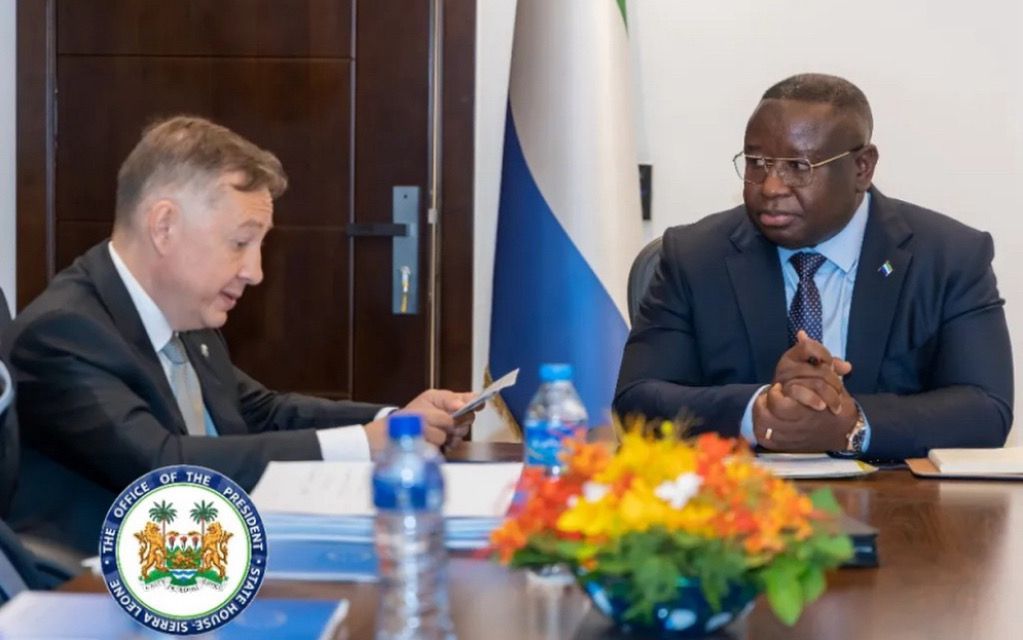(African Business Magazine)-The United States’ nominee for World Bank Group President visited the African Development Bank (AfDB) in Abidjan in his first stop on a global tour as he looks to drum up African support for his candidacy.
Having received the endorsement of the United States, the World Bank’s biggest shareholder, Indian-born US business executive Ajay Banga is odds-on favourite to replace outgoing president David Malpass, who will be stepping down from the institution in June after a curtailed term marked by controversy over his views on climate change.
The former Mastercard CEO used his visit to the AfDB headquarters, which came less than a fortnight after a recommendation from African Business columnist Hannah Ryder that he should visit the institution – to talk up ties between the World Bank Group and the African Development Bank.
The former Mastercard CEO highlighted three major issues of significance to his leadership campaign – inequality, tension between humanity and nature, and “the tendency to apply short-term solutions to long-term problems.” He also met with senior Ivorian government officials, African and Middle East ambassadors, held a roundtable with civil society organisations, and toured a $325m World Bank electricity transmission and access project in Yopougon.
AfDB President Akinwumi Adesina welcomed Banga’s call for a regenerated partnership, and said that there was a need for a new way of working between the World Bank and the African Development Bank.
“It is more than financial. It’s more about how we work to optimise resources by engaging governments, the private sector, and other stakeholders to deliver meaningful change.”
He also renewed his calls for radical climate action – a key issue that the next World Bank President will be expected to address after critics accused Malpass of harbouring climate-sceptic views – and called for a new way of measuring the wealth of nations instead of basing it on gross domestic product.
“This does not consider important factors like a country’s contribution to carbon emission and impact on biodiversity.”
Advice for Banga
Banga’s visit appeared to be an immediate response to suggestions that he should visit Africa to learn more about the priorities that the institution must tackle. In late February, Ryder, the CEO of Development Reimagined, argued that Banga should visit the AfDB as soon as possible to learn about its infrastructure investment strategies in Africa.
“Since Banga has never worked in an MDB, let alone run one, I have one piece of advice for him before he decides on his approach. He should speak to Akinwumi Adesina, president of the African Development Bank (AfDB), as well as to Jin Liqun, president of the Asian Infrastructure Investment Bank (AIIB),” Ryder argued.
“The main reason to speak to these two other MDB leaders is that one of the first discoveries he will make when he takes his place in his new corner office in Washington DC is that although the Bank’s primary lending instrument is called the International Bank for Reconstruction and Development (IBRD), in much of the world the Bank doesn’t do much “reconstruction”, let alone “construction”. Over the 2019-20 fiscal year (mostly before the Covid-19 pandemic), the Bank disbursed $14.5bn to Africa, but only a small proportion of this went to building new infrastructure. In comparison, the AfDB disbursed $5.1bn, the vast majority of which went to infrastructure. In the same year, the then five-year-old AIIB, the newest MDB on the block, disbursed $6.23bn to its Asian members for green infrastructure projects in sectors from energy to water and urban development, while also creating a special facility to deliver emergency Covid-19 support.”
Ryder argues that both the AfDB and the Asian Infrastructure Investment Bank have more reactive structures that force them to listen better to their borrower countries.
“The AfDB is also obliged to rely less on country teams – though it does have them – but in comparison with the World Bank its staff are more diverse, with different theories about development, and its board structure is more recipient-dominated.”
“The challenge that will face Banga, whatever he decides to do, is that turning a big, almost 80-year-old ship around will not be easy. The world overall has changed since the Bank was created, but for the countries that seek loans from it, including India, very little has changed. Collectively they retain the same proportion of global GDP as they did back in 1944, pre-independence. Will Banga be able to direct the Bank to make a greater contribution to finally growing that proportion? Learning from the regional banks will make that possibility more feasible,” Ryder concluded.




